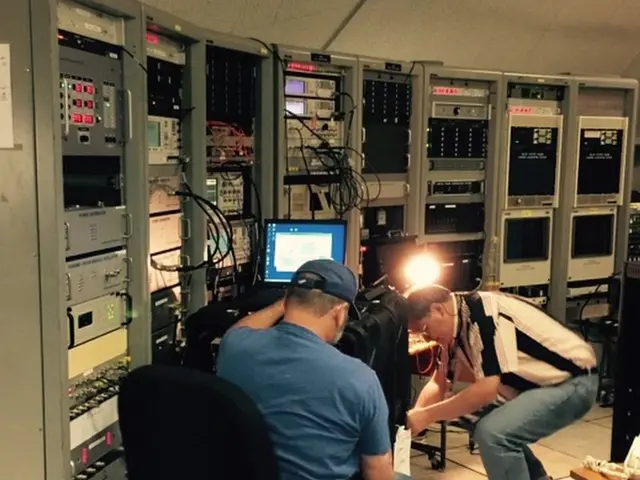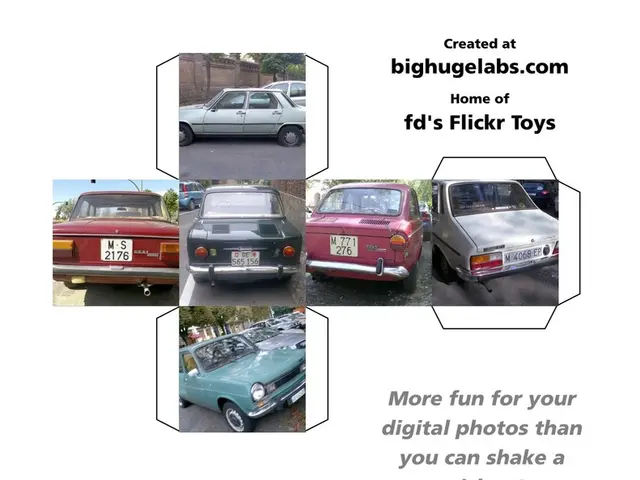Urging for the Implementation of Super E10: ADAC's Driven Advocacy - Fuel controversy: Explanation behind ADAC Super E10's provocation
Germany's ADAC Urges Shift Towards Super E10 Fuel
ADAC, the nation's largest automobile club, is urging politicians to promote the use of Super E10, a gasoline blend containing up to 10% bioethanol, over the traditional Super E5 with up to 5% bioethanol. Cars built from 2011 onwards are compatible with Super E10, according to ADAC President Christian Reinicke.
Reinicke argues that the mainstream use of Super E10 would help diminish climate-damaging emissions. Current regulations require gas stations to offer E5, but Reinicke views this obligation as outdated. He suggests that it should be replaced with a mandate for Super E10 and considers strong measures if necessary. Reinicke does not rule out potential bans on the less environmentally friendly E5, although he stopped short of explicitly mentioning this possibility.
The extensive use of Super E10 also represents a chance for further climate-friendly alternatives to find their place at fuel stations, according to Reinicke. Last year, E5 accounted for 67.5% of domestic gasoline deliveries, while Super E10 and Super Plus each accounted for 27.4% and 5.1%, respectively. Despite rising demand during periods of high gasoline prices, the share of E10 has remained stagnant in the past few years.
Reinicke cites countries like Austria as models, as its fuel stations are no longer required to offer E5, and no significant issues have arisen.
Gas station operators agree with ADAC on the matter, arguing for market-driven fuel sales. Daniel Kaddik, Managing Director of the Federal Association of Independent Gas Stations, contends that, due to their CO2 savings, politics should encourage the use of E10. He assures that fuel stations catering to high demand for E5 will continue to offer the product.
The shift towards Super E10 could free up tank capacities for fuels such as HVO, a renewable diesel. Gas stations and vehicle manufacturers would benefit from greater flexibility in catering to evolving consumer demands and offering innovative, climate-friendly fuels. The vast majority of modern gasoline vehicles can operate on Super E10 without issues.
Reinicke proposes that outdated regulations requiring gas stations to offer E5 should be replaced with a mandate for Super E10, taking into account the extensive use of Super E10 as an opportunity for the integration of other climate-friendly alternatives like renewable-energy sources in the industry. He also suggests that strong measures may be necessary to enforce this change, potentially leading to the ban of less environmentally friendly fuels like E5. Within the renewable-energy sector, the fuel Super E10 also offers significant potential for finance, as its widespread use could free up tank capacities for fuels such as HVO, a renewable diesel, thus benefiting both gas stations and vehicle manufacturers in the finance industry.







